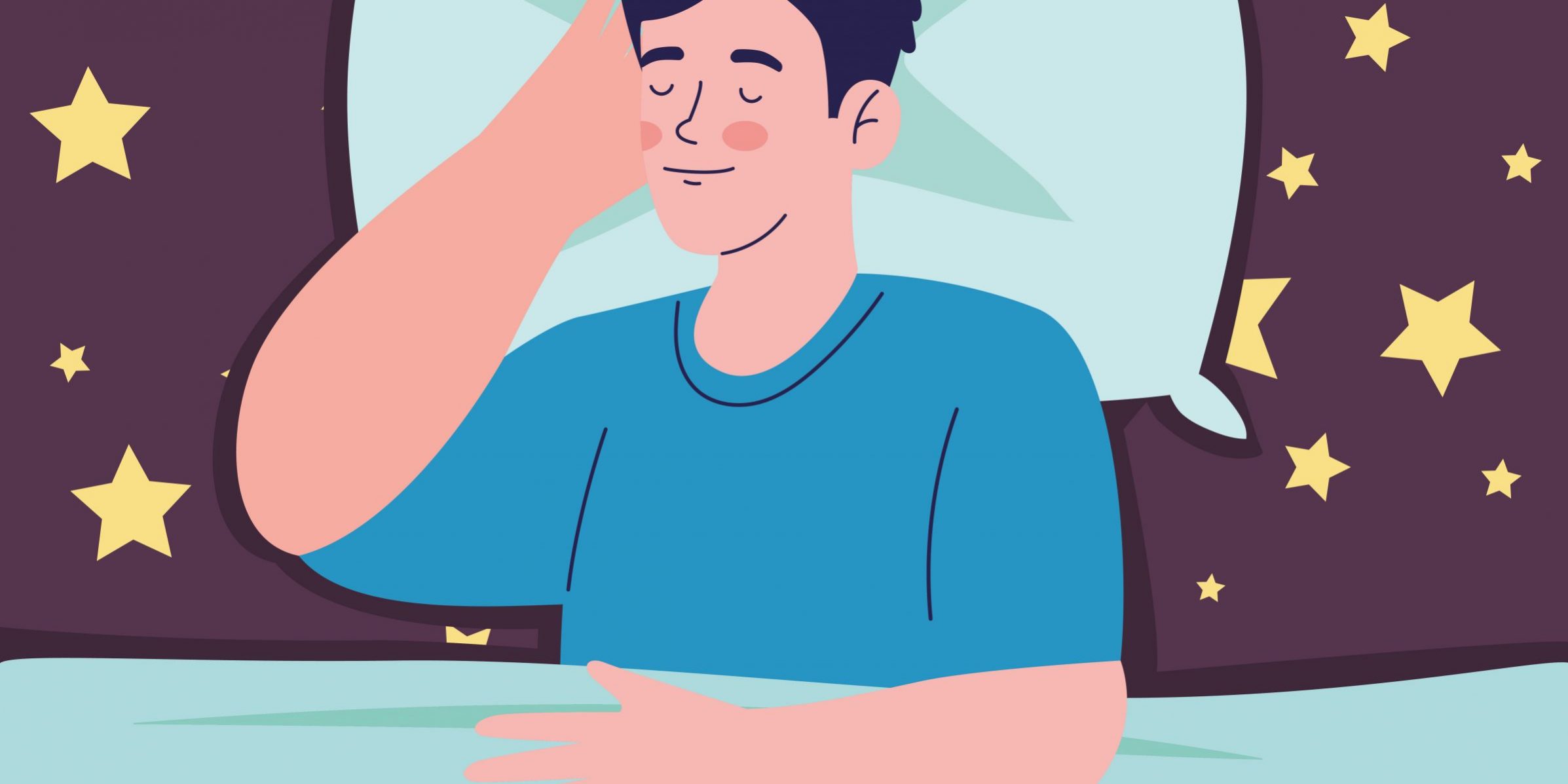Sleep, often overlooked in its significance, serves as a fundamental pillar of our daily lives. With World Sleep Day approaching on May 15th, let’s take this opportunity to prioritise our sleep health and understand its profound connection to our overall well-being. As sleep isn’t merely about resting, it’s intricately connected to our well-being. While we sleep, our bodies engage in a profound process of rejuvenation, both physically and mentally. It’s a time for repair and renewal, which is essential for our health and vitality.
However, the quality of our sleep isn’t solely determined by our bedtime habits. Various factors, such as health, hormones, and environment, can influence it. Additionally, our dietary decisions also can play a crucial role in either facilitating a restful sleep or disturbing its delicate balance.
Let’s see what type of food can help with better sleep:
Omega-3 Fatty Acids

It is found abundant in the fatty fish such as salmon, sardines, and others like ikan tenggiri papan, ikan tenggiri batang, and ikan kembung. Omega-3s not only support brain health but also regulate serotonin levels, promoting relaxation and contributing to better sleep.
Chamomile Tea

With its apigenin content, chamomile tea has a calming effect by binding to GABA receptors in the brain, inducing relaxation and reducing stress, thus aiding in better sleep quality.
Yogurt and Kefir

These dairy products contain nutrients that positively influence GABA neurotransmitters, fostering relaxation and stress reduction and improving sleep quality.
Fruit

Kiwi and tart cherries, which are rich in natural serotonin and melatonin, respectively, and antioxidants, can promote better sleep quality and aid in stress management.
Conversely, certain dietary habits can disrupt our sleep:
Large, Heavy Meals

This can cause discomfort and indigestion, as your body is still working hard to digest the food when it should be winding down for sleep. It might cause a bloated feeling and even stomach trouble, making it tough to get a good night’s sleep.
Alcohol

While it initially induces drowsiness, alcohol ultimately disrupts the sleep cycle, leading to fragmented sleep. Fragmented sleep occurs when rest is interrupted into multiple segments throughout the night, rather than being a single continuous period of sleep.
Caffeine

A common stimulant found in various beverages can hinder sleep by increasing alertness and anxiety, especially when consumed close to bedtime.
Nicotine

Nicotine, present in tobacco products, prolongs sleep latency, meaning it takes longer time to fall asleep. It also causes sleep fragmentation, compromising overall sleep quality.
Spicy Foods

Spicy foods are known to trigger acid reflux, leading to heartburn and disrupting sleep patterns, especially if consumed too close to bedtime.
Creating a gap between meals and bedtime is advisable to mitigate the impact of these sleep-interfering foods. Normal foods should be consumed 2-3 hours before sleep, while sleep-interfering foods should be spaced out 4-6 hours before bedtime. This strategic approach can significantly enhance sleep quality and overall well-being. Let’s prioritise our sleep health and make conscious choices to ensure restful nights and rejuvenated days. Here’s to sleeping better and improving well-being for all!
References:
- https://www.sleepfoundation.org/nutrition/food-and-drink-promote-good-nights-sleep
- https://assets.cureus.com/uploads/review_article/pdf/128261/20230121-11260-1nx9r2l.pdf













